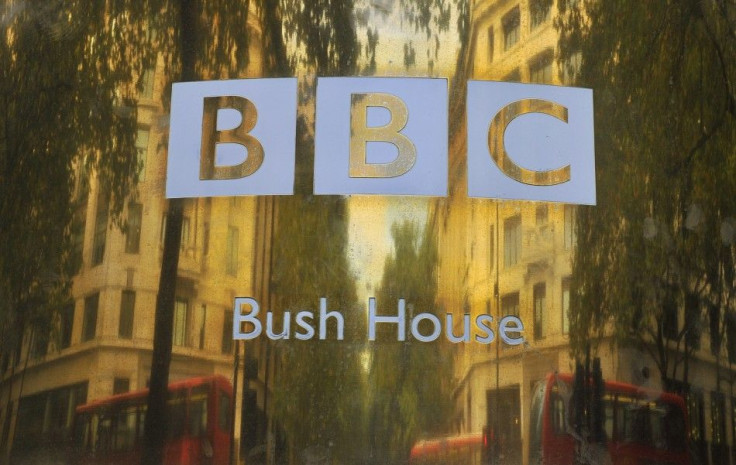BBC Plans to Cut 2,000 Jobs, Drastically Reshape Programming

The British Broadcasting Corp. (BBC) said it will eliminate 2,000 jobs and drastically revamp programming in an effort to reduce costs by 20 percent over the next five years.
No channels will close, BBC assured, although some funding will be reinvested in new programs.
The company plans to cut its budget by £670 million ($1 billion) per year
The cost cuts were mandated after the government froze BBC’s annual license fee at £145.50 ($217) for six years.
Under the new arrangement, all daytime programs will move to BBC One, while BBC Two will broadcast reruns of prime-time shows.
The job cuts will include 300 management positions, and a net loss of between 550 and 650 jobs in the news department.
In addition, 1,000 workers will be relocated from London to Salford, in the northwest of England. BBC Three will move to Salford in 2016.
BBC Director General Mark Thompson told staff that the restructuring will create a smaller, radically reshaped BBC.
BBC One’s budget will be cut by 3 percent; sports programming will be cut by 15 percent; original programming will be slashed across the board.
Thompson told the Daily Mail: “'It's a plan for a smaller BBC, but a BBC which uses its resources more effectively. It's my judgment that this is the last time the BBC will be able to make this level of savings without a substantial loss of services or quality or both.”
A spokesman for the Department for Culture, Media and Sport said: We welcome that the BBC is thinking hard about what it does and where it should focus in the future. We are committed to an independent, strong and successful BBC that is the cornerstone of British broadcasting.
Unions representing some BBC workers were outraged --– strikes at the broadcaster are surely to arise.
Gerry Morrissey, general secretary of the technicians' union Bectu, told media: They are destroying jobs, and destroying the BBC. Whilst it was inevitable in the current climate that the BBC would be asked to continue to reduce costs, responsibility for the current huge challenges which the BBC faces rests with the Government and with the BBC's senior management. The shocking 11th hour deal on the license fee which Mark Thompson agreed with the Treasury last October without any consultation at all was hasty and will be the cause of regret for years to come unless the BBC agrees to revise [its stance].”
Morrisey added: “BBC staff have been working harder for several years to maintain the BBC's reputation against a background of a minimum of 3 per cent efficiency savings every year. Bectu does not believe that today's level of output can be maintained at the same quality and to the satisfaction of the audience with the level of proposed cuts. The planned attack on staff jobs and staff terms and conditions is a further slap in the face for BBC staff who are now working towards retirement on reduced pensions and on salaries which have not kept pace with inflation for any of the last three years. Bectu does not accept that these proposals are a fait accompli and unless the BBC changes its stance, I believe we will see strike action at the BBC before Christmas.”
© Copyright IBTimes 2024. All rights reserved.











